Blind Cover Letter Template for Effective Job Applications
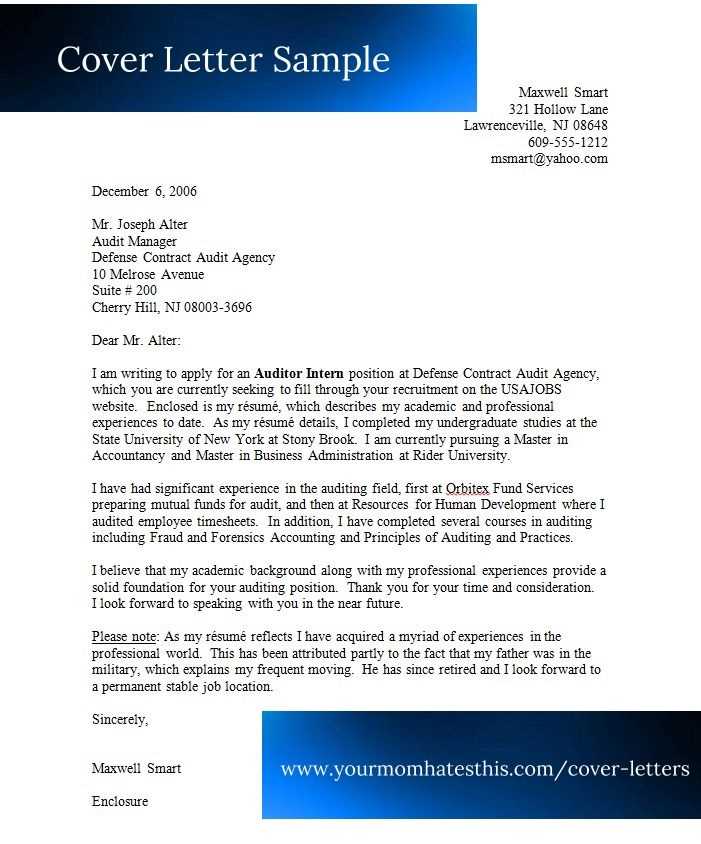
When applying for a job, many candidates prefer to keep their personal details private in the initial stages of the hiring process. This approach helps focus on skills and experience, without bias or assumptions based on gender, age, or ethnicity. Crafting an application that hides identifying information while presenting qualifications is essential for promoting fairness and ensuring that employers consider applicants on their merits alone.
Benefits of an Anonymous Approach
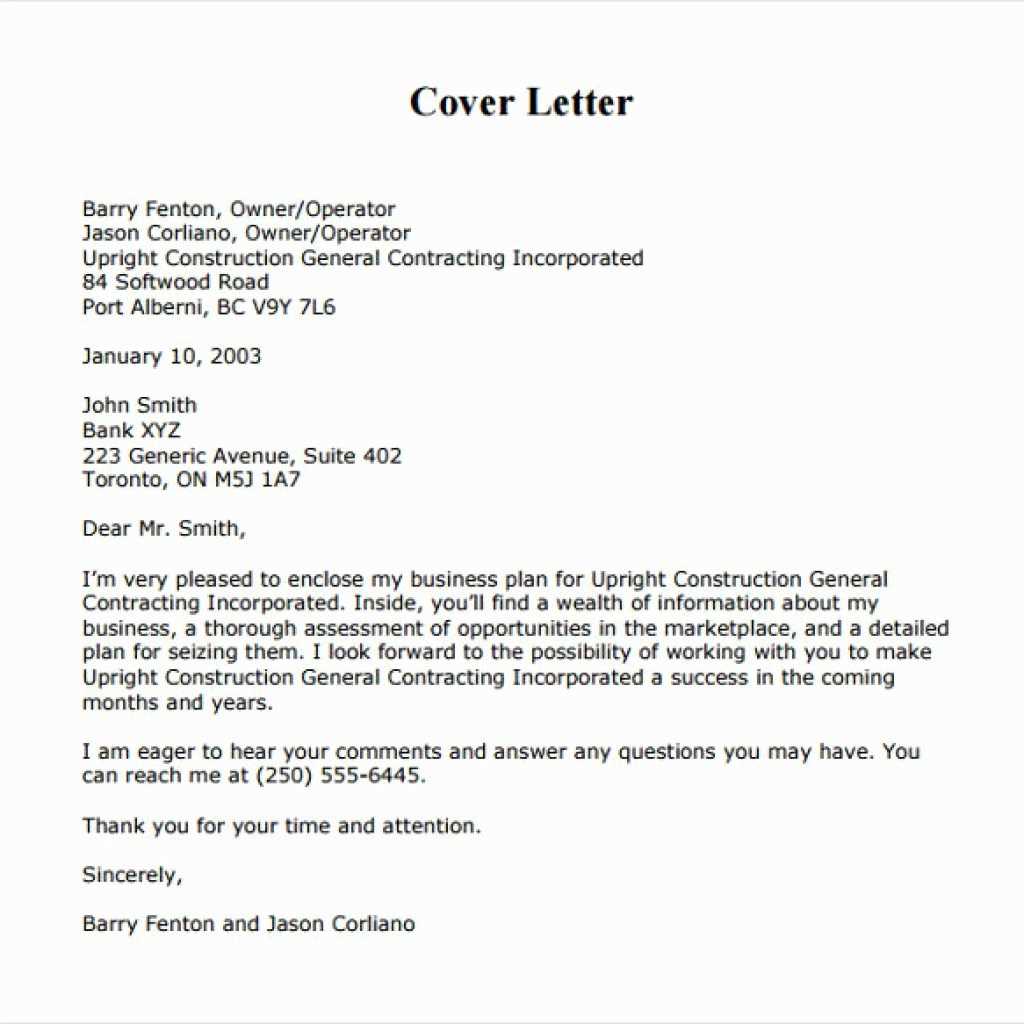
Choosing to submit an application without revealing personal data can lead to several advantages. It encourages employers to focus on your capabilities and work history, eliminating potential biases. It also creates a level playing field, where the focus is purely on the skills you bring to the table.
Promoting Fairness
By excluding sensitive details like your name or contact information, you allow employers to evaluate your qualifications impartially. This prevents any unconscious bias from influencing the decision-making process.
Increased Focus on Skills
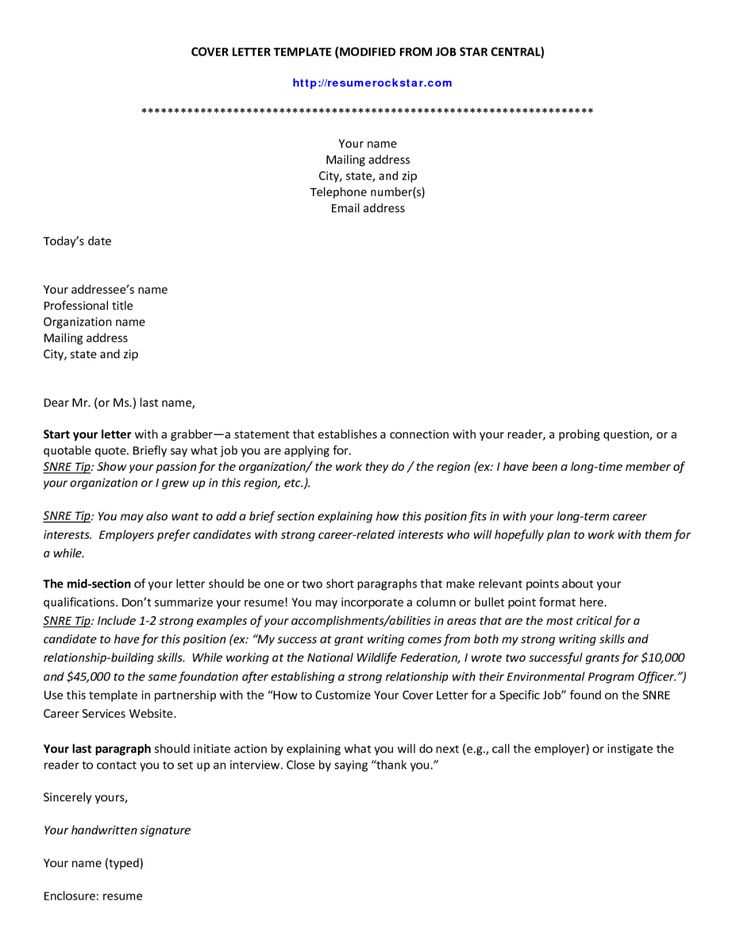
Employers are more likely to assess the relevant experience and skills, rather than other factors that might not be directly related to the job at hand. This makes the process more objective and streamlined.
Key Elements to Include
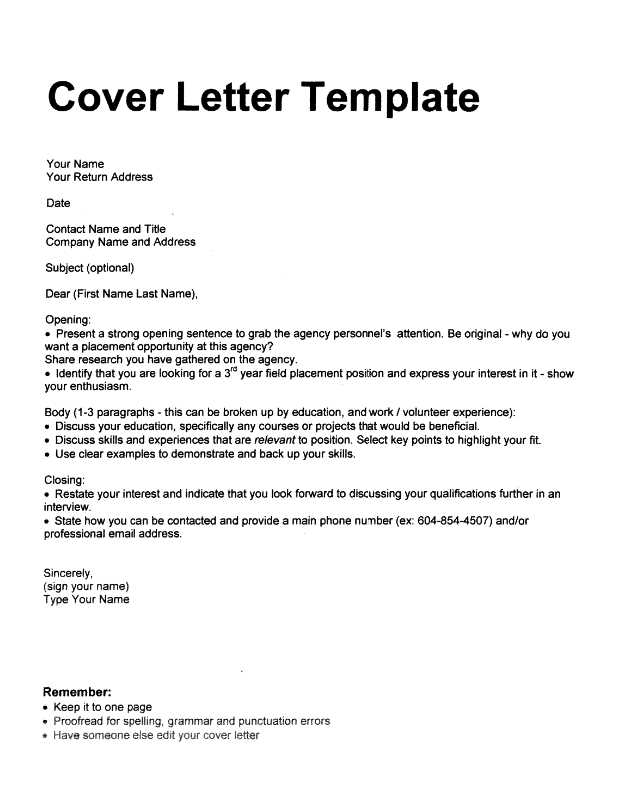
When preparing your application, ensure it highlights your professional strengths and aligns with the job description. Emphasize your key accomplishments, relevant skills, and career highlights. Focus on the attributes that make you a strong candidate without introducing unnecessary details.
- Professional experience: Detail your previous roles and responsibilities with specific achievements.
- Skills: Highlight technical or soft skills directly relevant to the job.
- Education: Provide relevant qualifications without adding irrelevant personal details.
- Certifications: Mention any certifications or additional training that might be important for the role.
Formatting Your Application
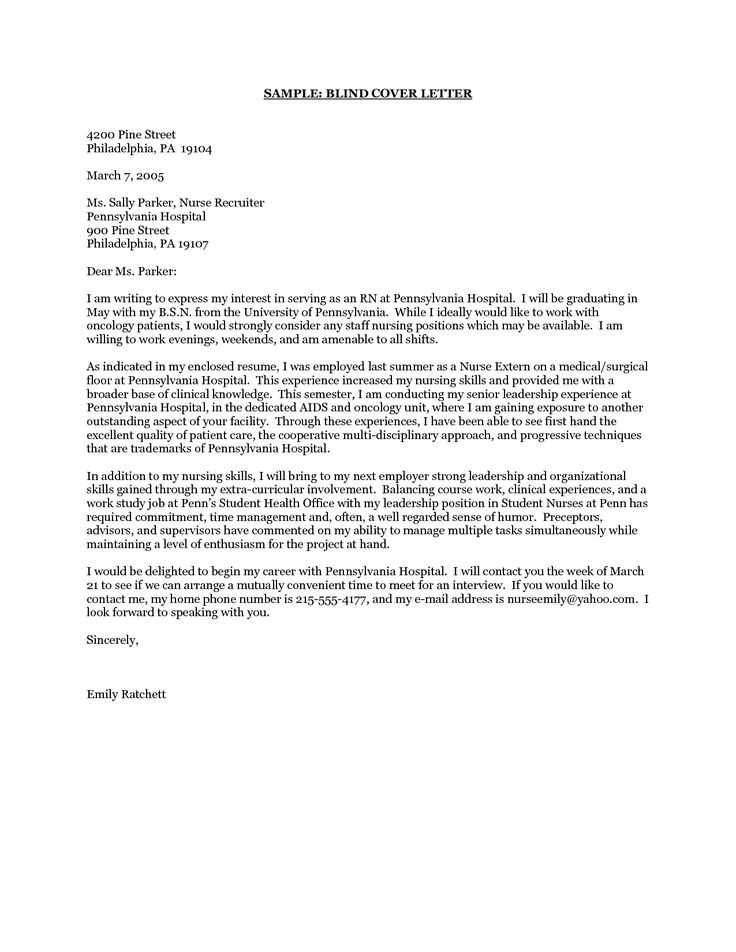
Keep your application clean and easy to read. Use simple, professional formatting that focuses on content rather than presentation. Avoid using personal photos, unnecessary flourishes, or excessive formatting styles that could detract from the message you are trying to convey.
Tips for a Strong Submission
- Stay concise and relevant in your descriptions.
- Use language that clearly demonstrates your value to the company.
- Proofread to ensure there are no errors or omissions.
Avoiding Common Mistakes
Even when applying anonymously, it’s easy to make small errors that could hinder your chances. Make sure you avoid the following common mistakes:
- Leaving out key information: Exclude personal details, but make sure your qualifications are clearly stated.
- Overloading with unnecessary content: Stick to the most relevant experience and avoid irrelevant job history or personal anecdotes.
- Neglecting formatting: Poor structure or difficult-to-read text can make it hard for hiring managers to review your qualifications effectively.
Conclusion
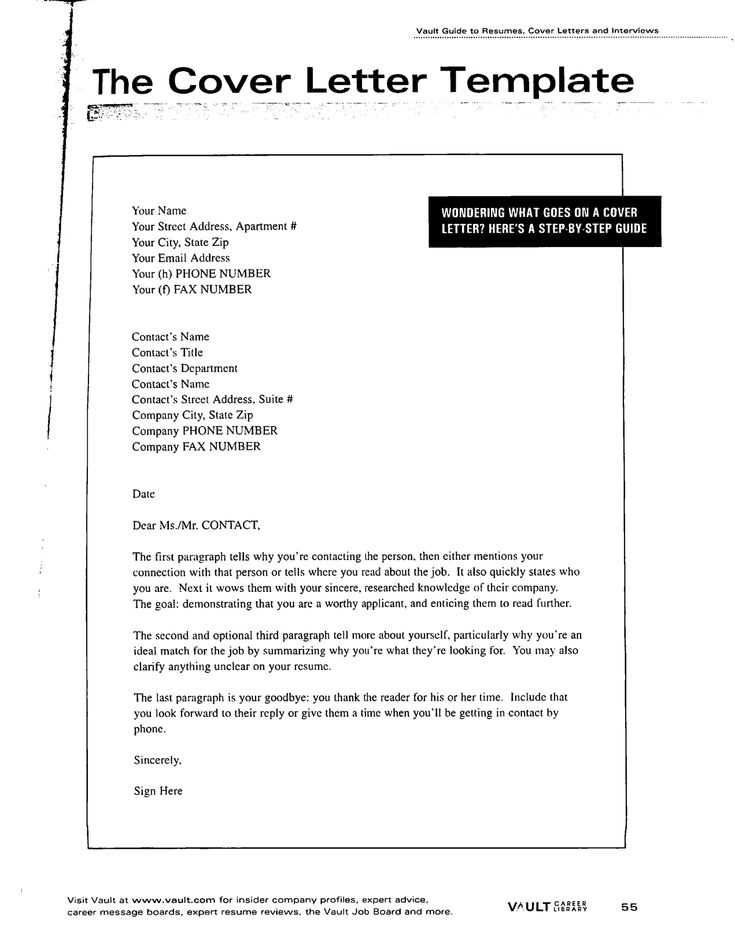
Using an anonymous format for your job application can help you stand out for the right reasons. By focusing on your skills and experience, you increase your chances of being considered based on merit, while maintaining fairness throughout the hiring process.
Understanding the Anonymous Job Application
In the competitive world of job searching, ensuring that your qualifications stand out without personal information influencing the decision is becoming increasingly important. Anonymously submitting your application allows employers to focus solely on your skills and experience, removing potential biases and promoting fairness in the hiring process.
Why You Should Consider Anonymous Submissions
When applying for jobs, many candidates find that their personal information, such as age, gender, or background, may unknowingly affect the evaluation process. Submitting an application without revealing identifying details ensures that your qualifications take center stage, creating a fairer, more unbiased chance for consideration. This method supports a merit-based assessment, giving all applicants an equal opportunity to showcase their potential.
Crafting the Ideal Confidential Job Application
The goal of creating an anonymous submission is to ensure that your professional history and skills shine, while sensitive details remain hidden. Focus on outlining your achievements, experiences, and qualifications in a way that highlights your expertise without revealing personal identifiers. Keep the structure clear and to the point, offering hiring managers an efficient way to evaluate your suitability for the role.
Key Elements of an Effective Application
An ideal confidential submission should contain relevant career details, such as:
- Professional Experience: Focus on job roles and accomplishments that directly align with the job you’re applying for.
- Skills: Emphasize both hard and soft skills that are relevant to the role.
- Achievements: Highlight specific outcomes and successes that demonstrate your value to potential employers.
- Education: List relevant qualifications, certifications, and training that pertain to the job.
Avoiding Common Mistakes in Job Applications
While submitting an anonymous application offers numerous benefits, there are common pitfalls that applicants should be mindful of:
- Excessive personal detail: Even in anonymous submissions, focus solely on the qualifications and experience relevant to the role. Avoid unnecessary personal information.
- Inconsistent formatting: Ensure that the document is easy to read and professionally structured, as disorganized submissions may be disregarded.
- Irrelevant job history: Only include past roles and experiences that are directly related to the job you’re seeking.
How Confidential Submissions Protect Privacy
One of the key advantages of submitting an anonymous job application is the protection it offers for your personal privacy. By concealing identifying details until a later stage, you safeguard sensitive information and ensure that employers focus on your qualifications. This not only promotes fairness but also empowers applicants to maintain control over their personal data throughout the hiring process.